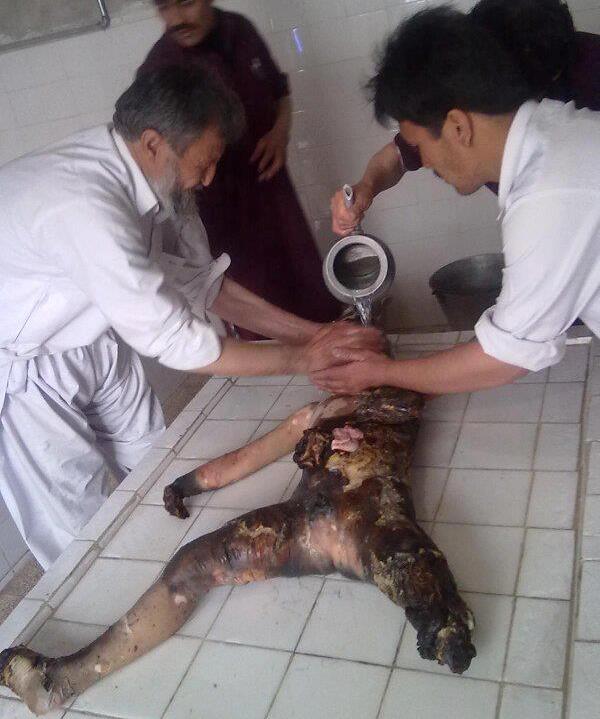
Pakistan: Authorities must do more to protect Hazara community from deadly attacks
Reading time: (Number of words: )
Amnesty International
The Pakistan authorities must do more to protect the persecuted Shi’a Hazara
minority community, Amnesty International said following a devastating attack in Quetta that killed scores.
On Saturday 17 February, at least 84 people, mostly Shi’a Hazaras, were killed when a bomb exploded in a vegetable market in Quetta, the capital of Balochistan province.
The bombing was claimed by the anti-Shi’a armed group Lashkar-e-Jhangvi (LeJ). LeJ also claimed responsibility for a series of bombings targeting Hazaras in Quetta on 10 January 2013 that claimed more than 90 lives.
“These attacks demonstrate Lashkar-e-Jhangvi’s utter disregard for human rights and basic principles of humanity,” said Isabelle Arradon, Amnesty International’s Deputy Asia-Pacific Director.
“Also shocking is the continued failure of the authorities to bring to justice any of those responsible for committing these killings, or inciting others to carry them out.”
To Amnesty International’s knowledge, no one has been prosecuted for the January 2013 attacks or other targeted killings of Hazaras in recent years.
The authorities also have a poor record of prosecuting those who incite attacks on people on the basis of their religious beliefs, including prominent leaders of groups like LeJ.
“The failure to bring these perpetrators to justice sends the signal that they can continue to commit these outrageous abuses with impunity,” said Arradon.
Amnesty International has documented 91 separate attacks on Shi’as across Pakistan since January 2012 that have resulted in around 500 fatalities.
Hazaras are disproportionately represented in these chilling statistics – at least half of all deaths come from this community, one of the smallest in Pakistan.
“The last two months have been the worst on record for Quetta’s beleaguered Hazara community. In fact, the attacks in January and February constitute some of the worst killings in Pakistan’s recent history,” Arradon said.
Amnesty International calls on the Pakistani authorities to immediately carry out an impartial and independent investigation into the persistent failure of civil and military authorities to end such attacks.
“The Pakistani security authorities must be held accountable for their failure to protect Quetta’s Hazara community and the population at large,” Arradon said.
UN chief deplores latest terrorist attack against Pakistan’s Shia community
UN news center
18 February 2013 – Secretary-General Ban Ki-moon has strongly condemned the terrorist attack carried out on Saturday in Quetta, Pakistan, targeting the Shia Muslim Hazara community which resulted in more than 80 deaths and the wounding of nearly 200, many of them women and children.
“This is the second terrorist bombing in the same city and against the same community since last month,” said a statement issued last night by Mr. Ban’s spokesperson.
“In the face of this latest attack on religious and ethnic minorities in Pakistan, the Secretary-General calls for swift and determined action against those claiming responsibility and perpetrating such actions,” it added.
Mr. Ban conveyed his heartfelt condolences to the families of all the victims of the attack in Quetta, the capital of the south-western province of Balochistan.
“He reiterates the strong support of the United Nations for efforts by the Government and people of Pakistan to protect religious and ethnic minorities and to combat the scourge of terrorism.”

Poems for the Hazara
The Anthology of 125 Internationally Recognized Poets From 68 Countries Dedicated to the Hazara
Order Now








